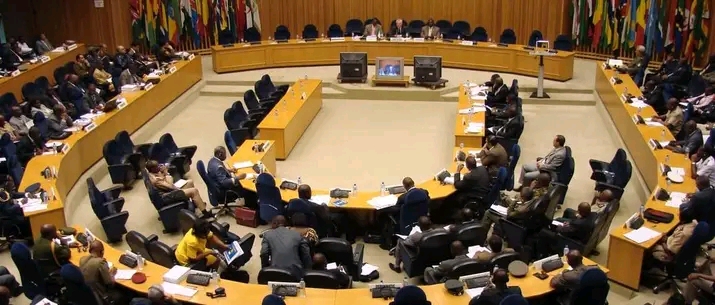By Ollus Ndomu
As Ethiopia prepares to host the African Union (AU) leaders’ summit in Addis Ababa on February 17-18, allegations of civilian casualties in recent fighting have cast a shadow over the event. Local sources in the Amhara region report that government troops have killed at least 200 civilians, while the Ethiopian Human Rights Commission claims a lower figure of 45 civilian deaths.
The escalating conflict in Ethiopia, particularly in the Amhara region, has raised concerns about the humanitarian situation and the government’s response to the crisis. Reports of civilian casualties have sparked outrage and calls for accountability, both domestically and internationally.
Prime Minister Abiy Ahmed’s administration faces mounting pressure to address the allegations and ensure the protection of civilians caught in the crossfire. However, the government’s handling of the situation has come under scrutiny, with accusations of excessive use of force and human rights violations.
As Ethiopia assumes the role of host for the AU summit, questions arise about the silence surrounding the conflict within the continental body. Despite the gravity of the situation, the AU has remained relatively quiet on the matter, prompting criticism from observers and advocacy groups.
The absence of dialogue on the Ethiopian conflict at the AU summit highlights the challenges of addressing internal conflicts within the broader context of continental diplomacy. While the AU aims to promote peace and stability across Africa, its response to crises within member states can vary, influenced by political considerations and diplomatic dynamics.
As African heads of states gather in Addis Ababa for the AU summit, the issue of the conflict in Ethiopia is likely to loom large, raising questions about the organization’s role in addressing internal strife and upholding human rights standards.


